Track Chair of Track 2:
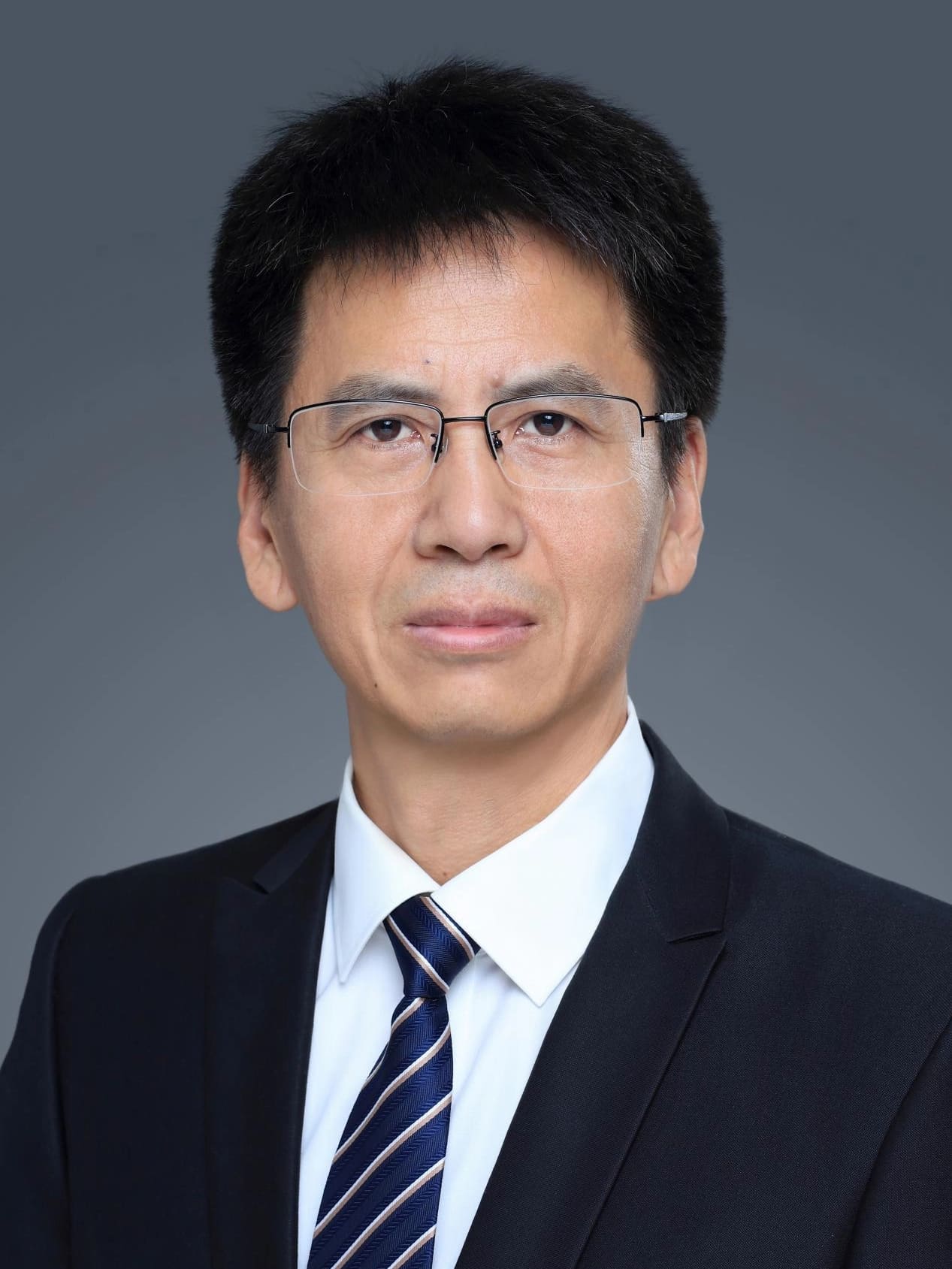 Prof. Xing-Peng Mao
Prof. Xing-Peng Mao
Harbin Institute of Technology, China
Bio: Xingpeng Mao received the B.S. degree in radio electronics from
Northeast Normal University, China, in 1993, and the M.S. and Ph.D. degrees
in communication and information system from the Harbin Institute of
Technology (HIT), China, in 1999 and 2004, respectively. He is currently a
Professor with HIT. His research interests include array signal processing,
communication and radar system design, and the theory on advanced radar
systems.
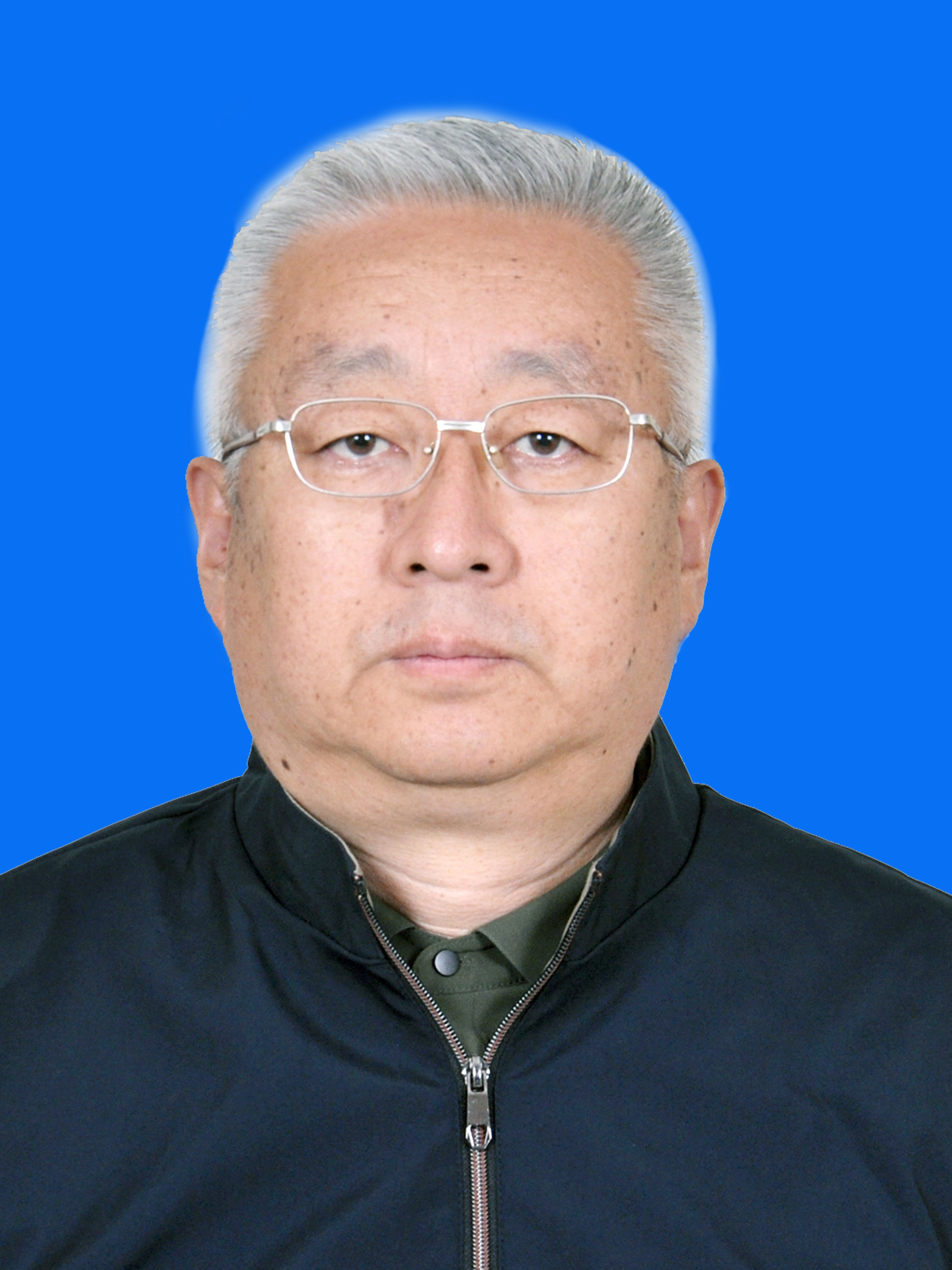 Prof. Zengli Liu
Prof. Zengli Liu
Kunming University of Science and Technology, China
Bio: Liu Zengli graduated with a Bachelor's degree in Radio
Technology from the Department of Electronic Engineering at Harbin Institute
of Shipbuilding Engineering in 1987, and with a Master's degree in Weapon
System and Application Engineering (Underwater Signal Detection and
Processing) from the School of Navigation Engineering at Northwestern
Polytechnical University in 1999. Liu has worked at the 750 of China
Shipbuilding Industry Corporation, the School of Information Engineering and
Automation at Kunming University of Science and Technology, and the
Computing Center.
Liu's research and design work focuses on vibration and noise signals,
underwater acoustic signal processing and analysis, and communication and
information processing systems. Liu has led and completed two major projects
funded by the National Natural Science Foundation of China, and has received
one second prize and one third prize for scientific and technological
progress from the China Shipbuilding Industry Corporation. Liu has been
involved in over 10 scientific research projects, including those related to
national defense and the military industry, National Natural Science
Foundation projects, and Yunnan Province Applied Basic Research Program
projects. Liu's collaborative efforts have resulted in the publication of
one monograph and over 85 academic papers, which have been cited more than
32 times in EI, SCI, ISTP, and other indexes; Liu holds 5 invention patents
and 52 utility model patents.
Track Chairs of Track 3:
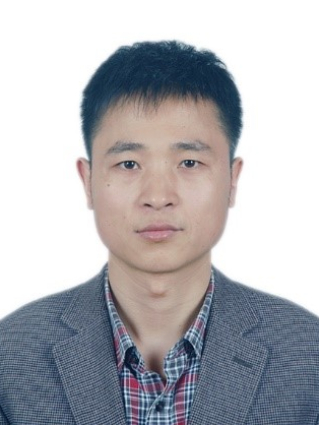 Prof. Tao Lei
Prof. Tao Lei
Shaanxi University of Science and Technology, China
Bio: Lei Tao is a professor and doctoral supervisor at Shaanxi
University of Science and Technology. He is also the vice dean of the School
of Electronic Information and Artificial Intelligence, the distinguished
member of CCF, and the Senior Member of IEEE/CSIG. He is selected from the
Shaanxi Provincial High level Talent Program, Shaanxi Provincial Outstanding
Youth, Stanford Top 2% Global Scientists List, etc. He is a deputy editor,
editorial board member, guest editor, etc. for 7 journals, and serves as
conference chairman, technical committee chairman, publicity chairman,
reward committee chairman, branch chairman, etc. in more than 20
international conferences. His main research areas are computer vision,
machine learning, etc. At present, He has published 4 collections of
specialized/authored and conference papers, and have published over 100
papers in international journals and conferences such as IEEE TIP, IEEE TMI,
IEEE T-CSVT, ICCV and IJCAI. Among them, 12 papers are ESI highly cited
papers. His Google Academic Citation has exceeded 6800 times, with a single
paper cited more than 700 times. He hosted many projects such as the
National Natural Science Foundation of China, Shaanxi Provincial Outstanding
Youth Fund, and Shaanxi Provincial Key Research and Development Program. He
won the second prize of Shaanxi Province Science and Technology Award and
the first prize of Gansu Province Higher Education Research Excellent
Achievement Award as the first complete person.
 Prof. Kaibing Zhang
Prof. Kaibing Zhang
Xi’an Polytechnic University, China
Bio: Kaibing Zhang is a professor and doctoral/master’s supervisor at
Xi’an Polytechnic University, currently serving as the acting vice dean of
the School of Computer Science. He is also a visiting scholar at the
University of Technology Sydney. Dr. Zhang is a member of the Chinese
Association for Artificial Intelligence, a council member of the Xi’an
Artificial Intelligence and Robotics Society and the Xi’an Artificial
Intelligence Industry Association, and a committee member of the Image and
Graphics Technical Committee of the Shaanxi Electronics Society. He also
serves as an associate editor for The Visual Computer and as an editorial
board member for the Journal of Xi’an Polytechnic University. Additionally,
he reviews for numerous prestigious journals, including IEEE TPAMI, IEEE
TIP, IEEE TCSVT, IEEE TCyb, and Pattern Recognition.
His primary research interests include computer vision and machine learning.
To date, he has published more than 50 papers in top-tier international
journals and conferences such as IEEE TIP, IEEE TNNLS, IEEE TCSVT, Neural
Networks, CVPR, and PRCV. His work has been cited over 3,700 times on Google
Scholar, with a single paper cited more than 700 times, and he has five ESI
Highly Cited Papers. Dr. Zhang has led several major research projects,
including two funded by the National Natural Science Foundation of China, a
key industry innovation chain project under the Shaanxi Provincial Key R&D
Program, and grants from the China Postdoctoral Science Foundation. His
contributions have earned him multiple honors, including the First Prize of
the Shaanxi Provincial Science and Technology Award, the Second Prize of the
Ministry of Education’s Scientific Research Outstanding Achievement Award,
the First Prize of the Natural Science Award from the China Society of Image
and Graphics, and the First Prize of the Shaanxi Higher Education Science
and Technology Award.
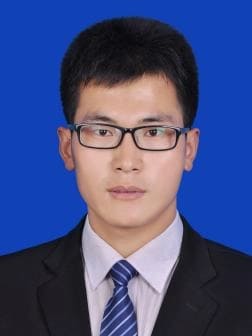 Assoc. Prof. Hailong Ning
Assoc. Prof. Hailong Ning
Xi'an University of Posts and Telecommunications, China
Bio: Hailong Ning is an associate professor and master's supervisor. He is he Director of the Software Engineering Department and a member of the Academic Degree Evaluation Sub-Committee of the School of Computer Science. He leads the Intelligent Computing and Security Innovation Team at Xi'an University of Posts and Telecommunications, and He is a member of CCF, IEEE, and CAAI, and a council member of the China Software Industry Association. He has been selected for the Shaanxi Provincial Outstanding Youth Talent Support Program in Higher Education and the Xi'an Association for Science and Technology Young Talent Support Program. He serves as an expert in the Science and Technology Expert Database of the China Institute of Communications, a review expert for the Shaanxi Provincial Science and Technology Awards, and a science and technology expert for the Xi'an Science and Technology Policy Service Comprehensive Management System, among other roles. His main research areas include computer vision, audio-visual multi-modal learning, and intelligent interpretation of large-scale scene imagery. Over the past five years, he has published over 20 SCI papers as the first author or corresponding author in internationally authoritative journals such as IEEE TGRS, IEEE TMM, and IEEE TCYB, including 11 papers in top-tier SCI Zone 1 journals, 1 ESI highly cited paper, with over 500 SCI citations by others. He has authorized 5 national invention patents and presided over projects such as the National Natural Science Foundation of China, the Shaanxi Provincial Natural Science Foundation, and military collaboration projects. He has received the President's Award of the Chinese Academy of Sciences and the Zhu Liyuehua Award.
Track Chair of Track 5:
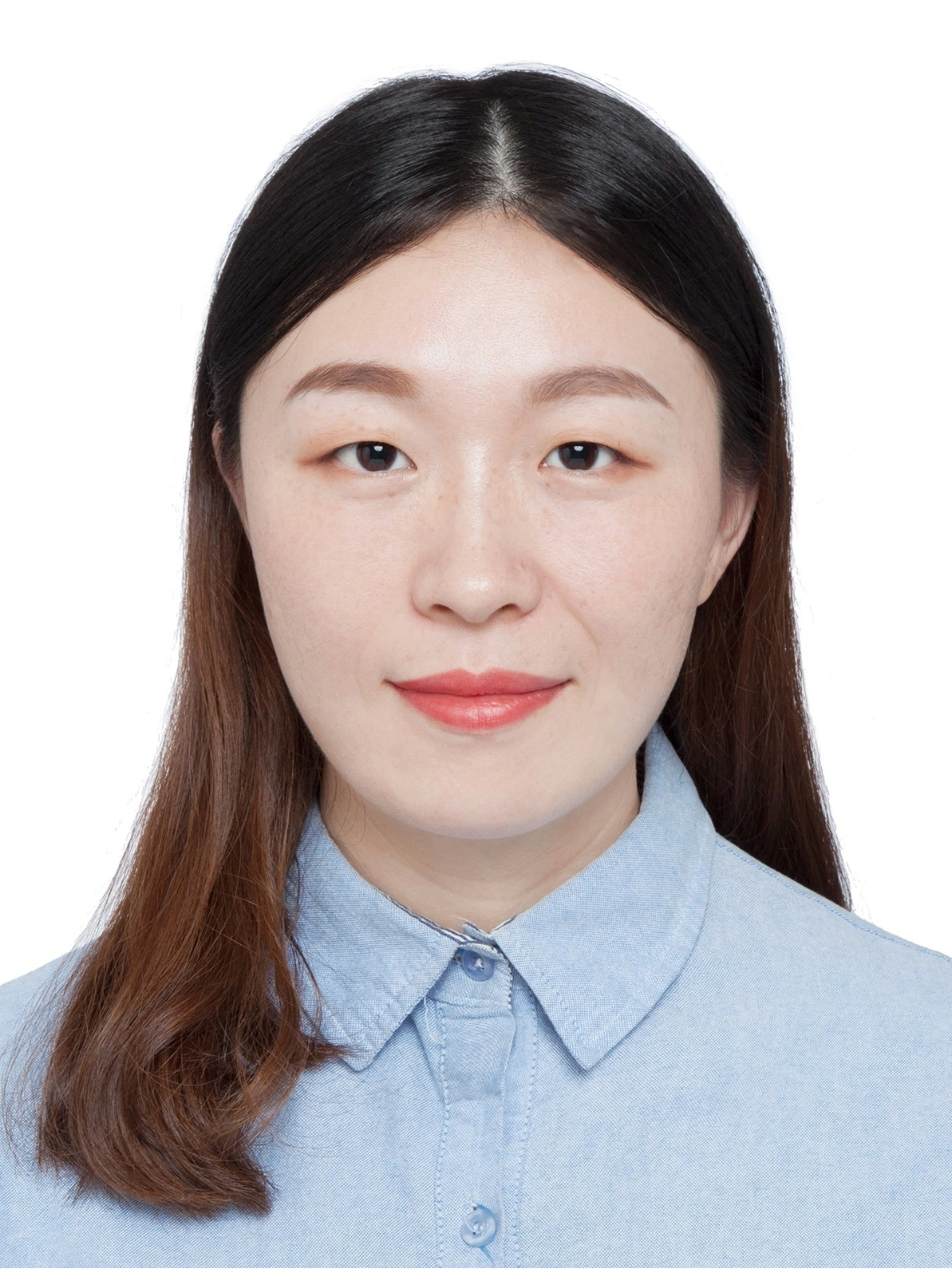 Assoc. Prof. Shasha Mao
Assoc. Prof. Shasha Mao
Xidian University, China
Bio: Mao Shasha is currently an Associate Professor with the School of Artificial Intelligence, Xidian University. Before, she was a Research Fellow with Nanyang Technological University, Singapore, and the Singapore University of Technology and Design, Singapore. Her current research interests include machine learning, affective computing, biometric features recognition, and integrated circuits based artificial intelligence. Her research has yielded in top-tier AI journals and conferences such as CVPR, ICLR, NeurIPS, ACM MM, IEEE TCYB, IEEE TCSVT, IEEE TGRS, PR, etc. One research was honored with the Best Paper Nomination Award at the 11th International Conference on Computational Vision and Media (CVM) in 2025, one of the three major academic conferences of the Asia Graphics Society. She has guided students to win the National Second Prize in the China University Students Service Outsourcing Innovation and Entrepreneurship Competition and the Special Prize in the International Mathematical Modeling Competition for University Students.
 Assoc. Prof. Yang Shi
Assoc. Prof. Yang Shi
Shandong University, China
Bio: Yang Shi is an Associate Professor at the School of Artificial
Intelligence, Shandong University, and a Master’s supervisor. He earned his
Ph.D. from the School of Software, Shandong University, and completed
postdoctoral research at the School of Control Science and Engineering. His
research focuses on machine learning, computer vision, and intelligent
robotics. He has published multiple first-author papers in top journals and
conferences, including TIP, TKDE, and TMM, and has led several national and
provincial projects, such as the NSFC Young Scientists Fund and China
Postdoctoral Science Foundation grants. His honors include the Second Prize
of the Science and Technology Progress Award from the Chinese Association of
Automation, the First Prize of the Shandong Province Artificial Intelligence
Natural Science Award, and the ACM Jinan Excellent Doctoral Dissertation
Award. He also serves as a reviewer for leading journals and conferences,
including TIP, TASE, TKDE, CVPR, AAAI, and ACM MM, and is the
Secretary-General of the Shandong Provincial Alliance for General AI
Education and a council member of the Shandong Artificial Intelligence
Society.
 Dr. Jinjing Gu
Dr. Jinjing Gu
Yunnan University, China
Bio: Dr. Jinjing Gu is a Master’s Supervisor at the School of
Information Science and Engineering, Yunnan University, and a recipient of
the Young Talent Program of the Yunnan Xing Dian Talents Support Plan. Her
research focuses on image processing and computer vision. She has presided
over more than ten research projects, including those funded by the National
Natural Science Foundation of China, the Yunnan Xing Dian Talents Plan Young
Program, and the Yunnan Fundamental Research Projects. She also serves as a
committee member of the China Society of Image and Graphics and the Computer
Vision Committee of the Shanghai Computer Federation.